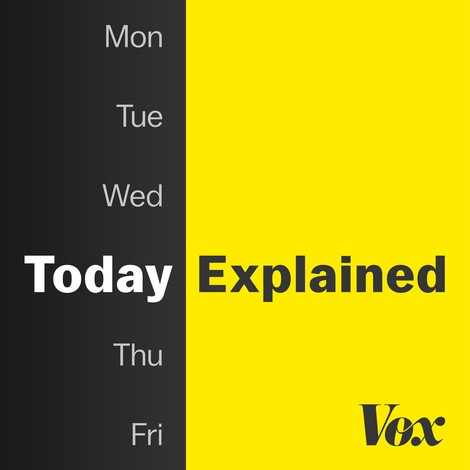Your podcast discovery platform
Curious minds select the most fascinating podcasts from around the world. Discover hand-piqd audio recommendations on your favorite topics.

piqer for: Global finds Technology and society
Prague-based media development worker from Poland with a journalistic background. Previously worked on digital issues in Brussels. Piqs about digital issues, digital rights, data protection, new trends in journalism and anything else that grabs my attention.
The Robocall Epidemic Explained
America is consumed by an epidemic of robocalls—phone calls with pre-recorded messages—the reports from the Economist, NBC and others suggest. According to YouMail, a call-blocking service, the number of unwanted calls blasted out in the U.S. increased 50% from February to July. In April alone, 3.4 billion robocalls were placed, equivalent to nearly 1,300 every second. What's driving this rise is technology: Internet-connected phone systems allow fraudsters to push out untraceable calls by the thousand and it costs them close to nothing.
Not unexpected, robo-dialers drive Americans mad. In fact, spammy calls are the top consumer complaint to the Federal Communications Commission. And among those irritated is Sean Rameswaram, the host of Today, explained, Vox's daily explainer podcast.
"Every week I get about a dozen robocalls on my cell phone, sometimes more. The calls usually share my area code or a nearby area code (...) Some of the calls are about health care, some are about the IRS, some just immediately disconnect. One thing all the calls share is that they are super annoying," says Rameswaram as he introduces this episode.
Although we do not get many robo-dialed calls here in Europe—thanks to the EU and its rules protecting consumers from unwanted telemarketing calls, robocalls, and spam—I can still remember the times the unsolicited calls were a daily nuisance and, thus, can definitely empathize with this piece.
But what truly makes this 24-minute podcast worth your time, no matter which side of the Atlantic you live on, is its historical perspective. Together with journalist Simon van Zuylen-Wood, host Sean Rameswaram takes us on a journey of annoying telephone calls across time, beginning with one of the first telephone scams in 1888, to move on to 1941's Suckers Lists of people vulnerable to scams and 1991's Do Not Call Registry with phone numbers that should be off-limits to telemarketers.
